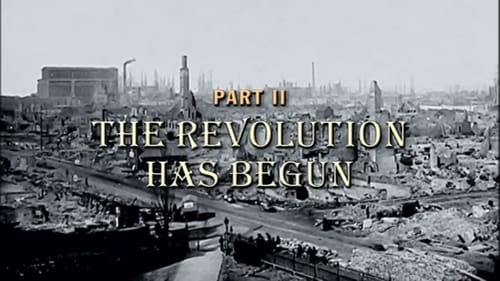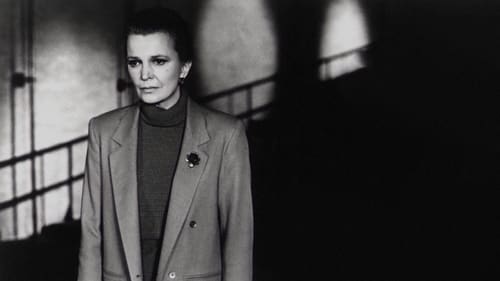
Editor
The last year or so of the war in the Pacific during WWII. It picks up at the point where the inevitability of an American victory seems certain--it's only a matter of time. It then discusses the ferocity of the Japanese defense, the American bombing campaign, the kamikaze, the Emperor and his resistance to surrender and the American feelings towards a negotiated peace.

Editor
Part 2 (of three) of "Chicago: City of the Century" covers the 1870s and '80s, when the city's can-do business leaders found themselves increasingly at odds with labor. The episode profiles meatpacker Augustus Swift; sleeping-car magnate George Pullman, who established what he hoped would become a utopian workers community; and merchant prince Marshall Field, who had no such notions. Then there were the anarchists. Based on the book by historian Donald L. Miller.

Editor
City of the Century chronicles Chicago's dramatic transformation from a swampy frontier town of fur traders and Native Americans to a massive metropolis that was the quintessential American city of the nineteenth century. The film tells how innovation, ingenuity, determination and ruthlessness created empires in what was a marshy wasteland and describes the hardships endured by millions of working men and women whose labor helped a capitalist class reinvent the way America did business. Along the way, this program revels in Chicago's triumphs -- among them the architectural experimentation that gave the city one of the world's most distinctive skylines -- and delves into the heart of Chicago's painful struggles. Bringing to life the Windy City's rich mixture of cultures, its writers and journalists, its political corruption and labor upheavals, this film bears witness to the creation of one of the most dynamic and vibrant cities in the world.

Editor
In 1988, after two terms in office, Ronald Reagan left the White House one of the most popular presidents of the twentieth century -- and one of the most controversial. A failed actor, Reagan became a passionate ideologue who preached a simple gospel of lower taxes, less government, and anti-communism.

Editor
In 1986, astronomer turned computer scientist Clifford Stoll had just started working on a computer system at the Lawrence Berkeley Laboratory when he noticed a 75-cent discrepancy between the charges printed by two accounting programs responsible for charging people for machine use. Intrigued, he deduced that the system was being hacked, and he determined to find the culprit. This is the re-enactment of how he tracked down KGB cracker Markus Hess through the Ethernet to Hannover, Germany.

Assistant Editor
Marion is a woman who has learned to shield herself from her emotions. She rents an apartment to work undisturbed on her new book, but by some acoustic anomaly she can hear all that is said in the next apartment in which a psychiatrist holds his office. When she hears a young woman tell that she finds it harder and harder to bear her life, Marion starts to reflect on her own life. After a series of events she comes to understand how her unemotional attitude towards the people around her affected them and herself.





